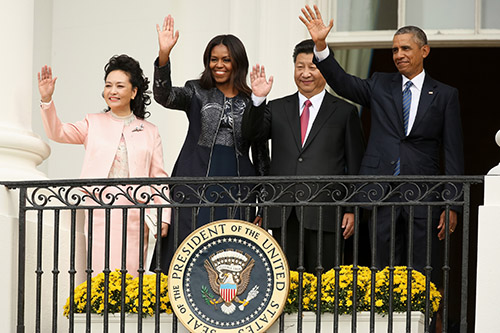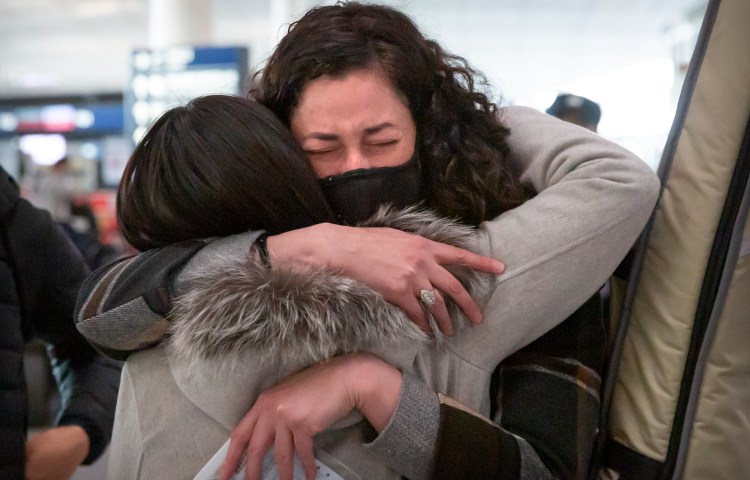
Prospects bleak for recovery of US media presence in China
The slugfest between China and the U.S. over the treatment of media workers in each country appears to have paused. Rather than expel each other’s journalists, as they did a few months ago, each side in early July imposed registration and reporting requirements on those remaining—still many more Chinese in the U.S. than Americans in…
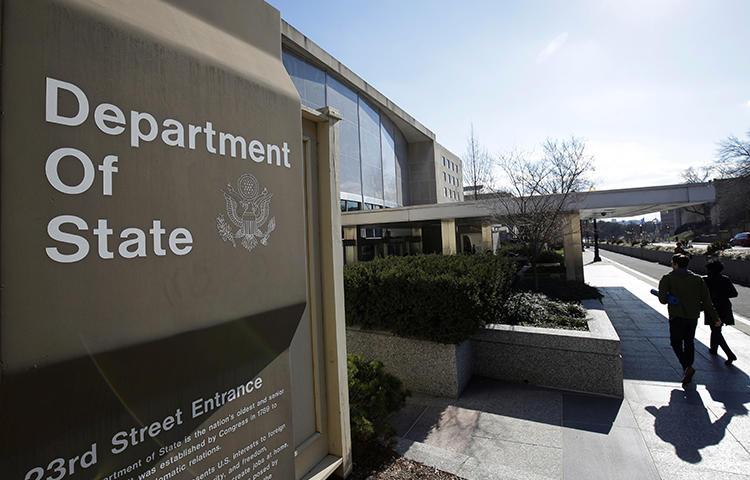
US to limit visas at Chinese state media outlets, forcing dozens to leave
Washington, D.C., March 2, 2020 — The U.S. government should immediately suspend efforts to effectively expel dozens of Chinese journalists and put a halt to mutual retaliation over media operations, which threatens to undermine the free flow of information as the COVID-19 epidemic spreads throughout the world, the Committee to Protect Journalists said today.
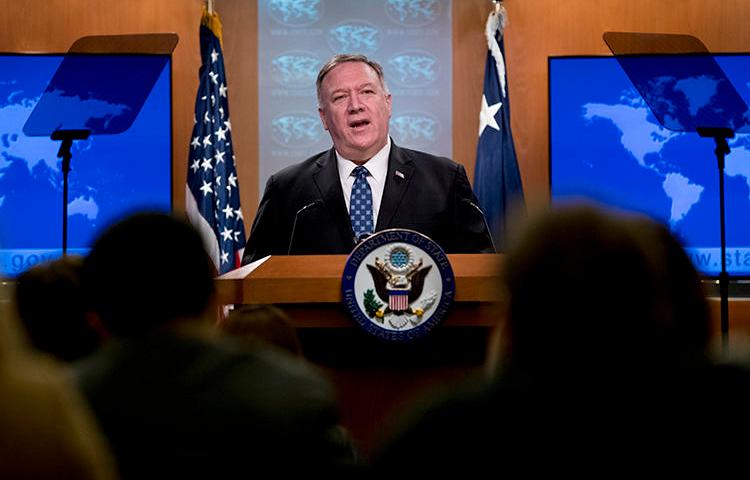
U.S. reclassifies 5 Chinese state media organizations as ‘foreign missions’
On February 18, 2020, the U.S. State Department said in an official press briefing that five Chinese state-funded news agencies–Xinhua News Agency, China Global Television Network, China Radio International, China Daily Distribution Corporation, and Hai Tian Development USA–are controlled by the Chinese government and will be treated as “foreign missions,” a designation typically used for…
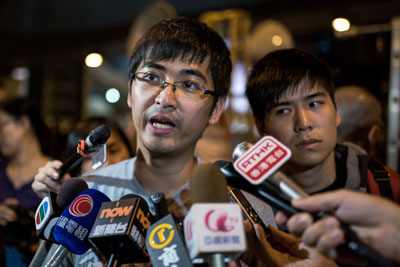
Hong Kong’s media battlefield
Hong Kong’s pro-democracy protests are among the best covered in history. The city is saturated with print, broadcast, and social media, traveling across some of the best networks on earth. Its citizens are among the most connected in the world. And for all the media’s flaws, consumers expect them to deliver.
Don’t punish Chinese restrictions with more restrictions
The Committee to Protect Journalists is watching with concern the progress of H.R. 2899, the Chinese Media Reciprocity Act of 2011, which is under discussion Wednesday in front of the Subcommittee on Immigration Policy and Enforcement. The bill seeks to reduce the number of visas available to journalists (and their families) working in the United…

Chinese press has impact, against the odds
In China, state control over the media hasn’t become more lax in recent years. Each year brings a new excuse for Communist Party censors to tighten the screws. The year of the rabbit brought the Arab Spring, and fears of a Jasmine Revolution. The year of the dragon brings a major political transition.
